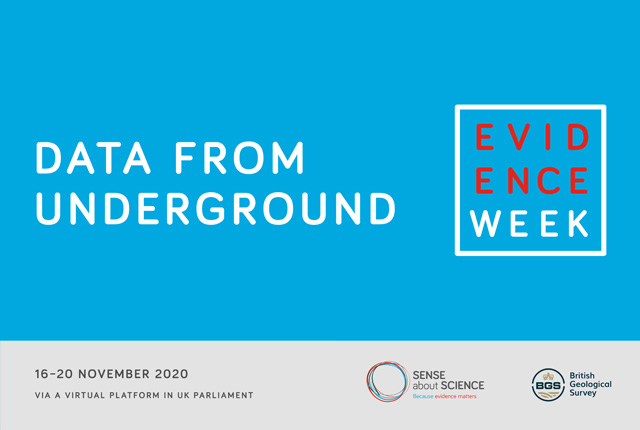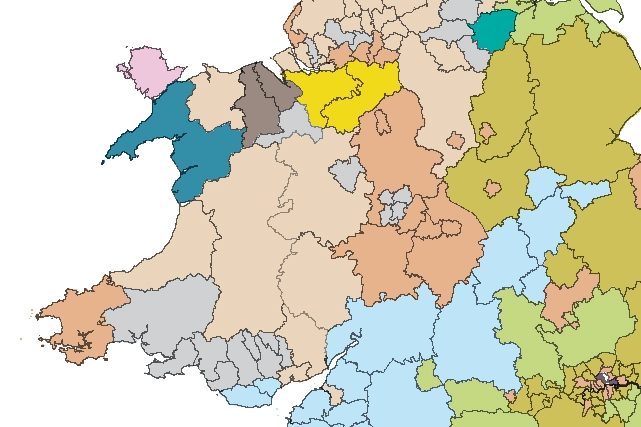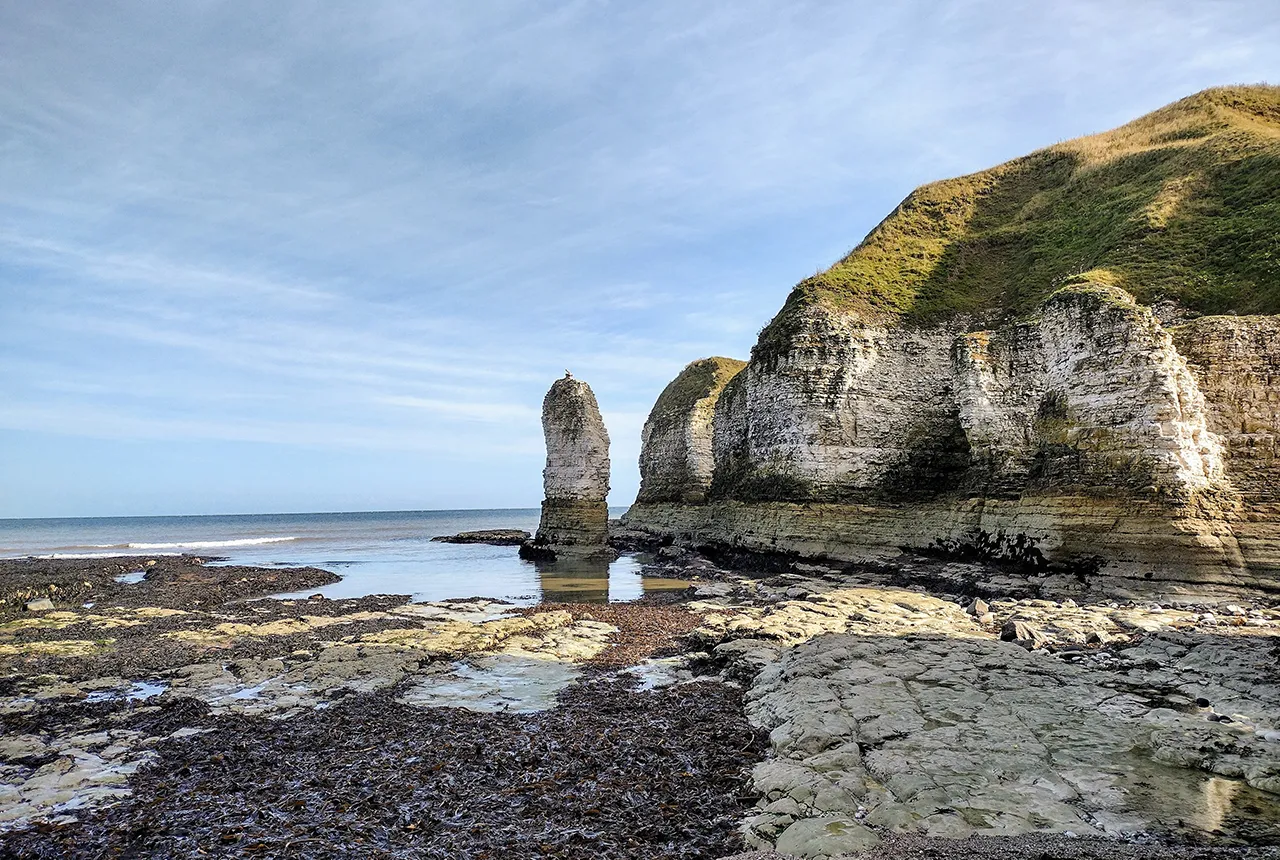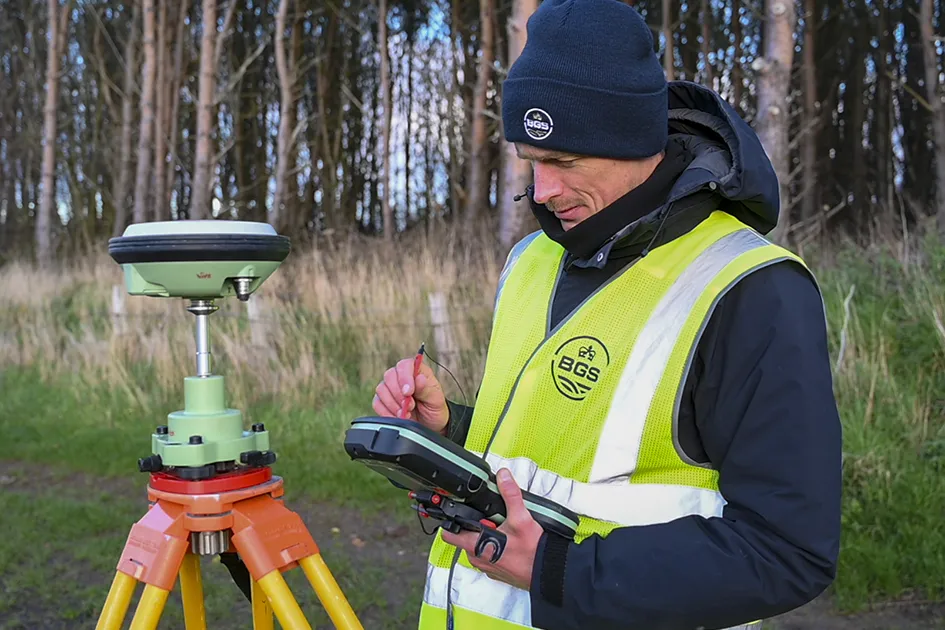Evidence Week 2020
The UK Geoenergy Observatories team took part in Evidence Week 2020 to talk to parliamentarians about the essential role of geoenergy in the energy mix to meet net zero.
14/12/2020
This year, perhaps more than ever, we have seen how important it is for robust scientific evidence to be available to decision-makers. Every day, Members of Parliament need to ask searching questions of new sources of data, as well as considering complex interactions between variables and trade-offs. Evidence Week, organised by the charity Sense about Science, provides an opportunity for researchers to speak directly with MPs, peers and parliamentary staff; to explore important issues and share evidence.
The UK Geoenergy Observatories, built and operated by BGS on behalf of UKRI/NERC are research facilities enabling the gathering of critical evidence on the feasibility and environmental impact of a range of net zero and low carbon technologies including shallow geothermal energy, heat storage, hydrogen storage, carbon capture and storage, and storage solutions for wind, solar and tidal energy. They produce publicly available data capable of providing independent evidence to better inform decisions relating to innovative energy technologies policy, regulatory practice and business operations in these areas.
The UK Geoenergy Observatories team took part in Evidence Week 2020 to talk to parliamentarians about the essential role of geoenergy in the energy mix to meet net zero, and to emphasise the need for continued geoenergy research to build the body of knowledge and understanding required to make geoenergy a success.


Data from underground: The UK is building two underground observatories. Their unique approach with accessible open data makes it possible to review options for zero and low carbon technologies. Source: Sense about Science
Evidence Week 2020, was held in November on a bespoke online platform, instead of being held in its usual location, the Upper Waiting Hall in the House of Commons. This gave us the unique opportunity to have one-on-one virtual meetings with MPs, Peers, and parliamentary staff. All of the people we spoke to had a keen interest in our work and recognised the importance of rapidly increasing our knowledge of the feasibility and impact of geoenergy technologies in order to be able to embed them in our energy infrastructure.
We discussed topics such as the ability of geothermal energy to counterbalance the intermittent availability of other renewable energy sources, the potential of mine water and aquifer geothermal in many of our industrial centres and the benefits the UK Geoenergy Observatories offer to industry. We also had the opportunity to discuss our shared interest in supporting young people to be involved in action towards a sustainable future. These conversations have led on to further conversations and action, which underlines a key principle of the UK Geoenergy Observatories – to be open and accessible and to inform future best practice.

Eilidh Henderson
Head of engagement
Relative topics
Related news

Map of BGS BritPits showing the distribution of worked mineral commodities across the country
18/02/2026
BGS’s data scientists have generated a summary map of the most commonly extracted mineral commodities by local authority area, demonstrating the diverse nature of British mineral resources.

Funding awarded to map the stocks and flows of technology metals in everyday electronic devices
12/02/2026
A new BGS project has been awarded Circular Electricals funding from Material Focus to investigate the use of technology metals in everyday electrical items.

New UK/Chile partnership prioritises sustainable practices around critical raw materials
09/02/2026
BGS and Chile’s Servicio Nacional de Geología y Minería have signed a bilateral scientific partnership to support research into critical raw materials and sustainable practices.

Extensive freshened water confirmed beneath the ocean floor off the coast of New England for the first time
09/02/2026
BGS is part of the international team that has discovered the first detailed evidence of long-suspected, hidden, freshwater aquifers.

Funding secured to help mitigate ground risk in UK construction sector
05/02/2026
The BGS Common Ground project has been awarded new funding to help unlock the value of ground investigation data.

Can sandstones under the North Sea unlock the UK’s carbon storage potential?
02/02/2026
For the UK to reach its ambitious target of storing 170 million tonnes of carbon dioxide per year by 2050, it will need to look beyond the current well-studied geographical areas.

Quaternary UK offshore data digitised for the first time
21/01/2026
The offshore wind industry will be boosted by the digitisation of a dataset showing the Quaternary geology at the seabed and the UK’s shallow subsurface.

Suite of ten new soil reference materials released
02/01/2026
BGS has a longstanding track record of producing high-quality reference materials and has released ten new soil reference materials.

Perth and Kinross tops the UK’s earthquake activity charts for 2025
29/12/2025
Seismologists at BGS have published data on the number of seismic events over the past 12 months with over 300 earthquakes recorded.

BGS awarded funding to support Malaysia’s climate resilience plan
17/12/2025
The project, funded by the Foreign, Commonwealth & Development Office, will focus on minimising economic and social impacts from rainfall-induced landslides.

New geological maps of the Yorkshire Wolds to better inform groundwater management and policy decisions
17/12/2025
The new mapping provides crucial data on localised geological issues that may assist in protecting water supplies.

‘Three norths’ set to leave England and not return for hundreds of years
12/12/2025
The historic alignment of true, magnetic, and grid north is set to leave England, three years after they combined in the country for the first time since records began.


